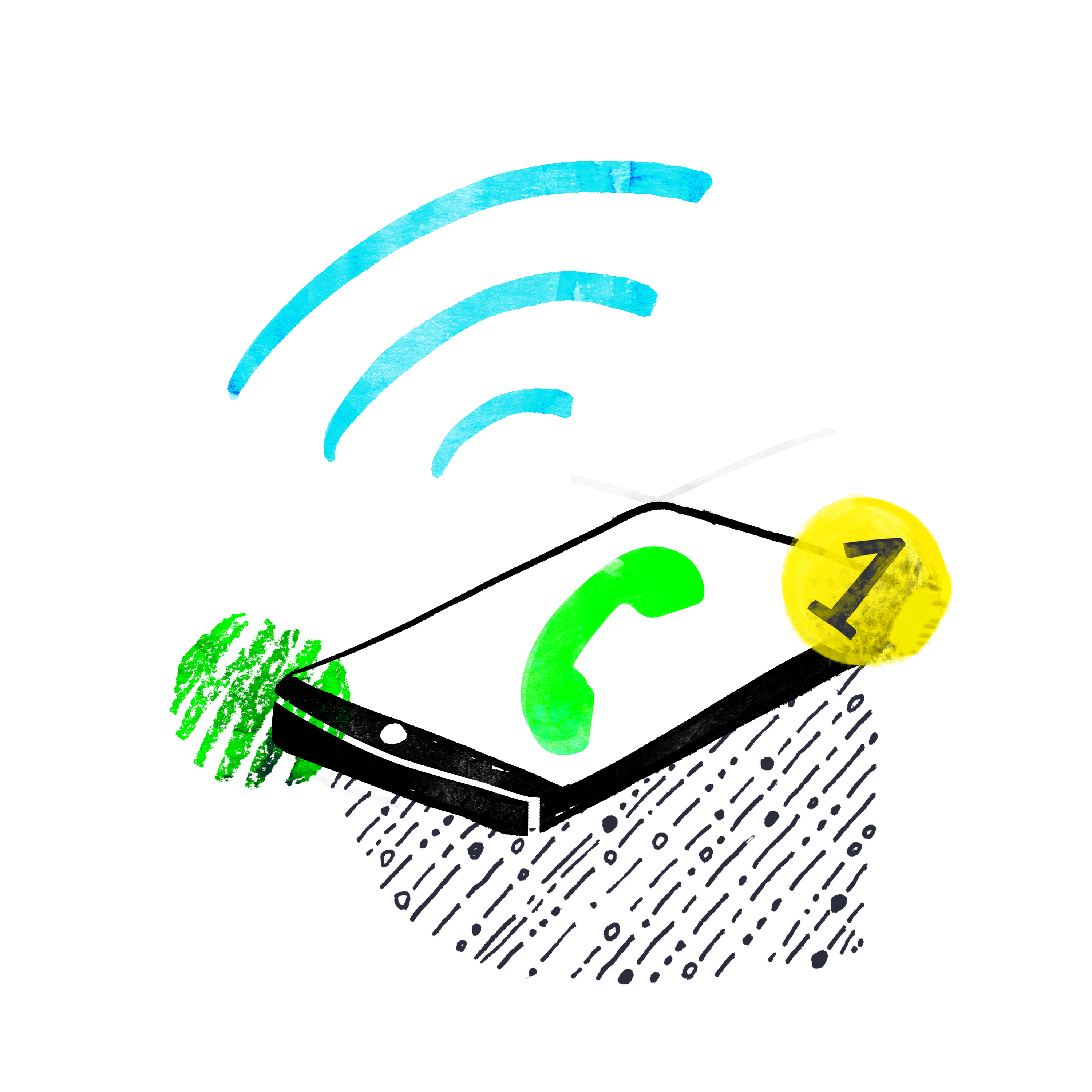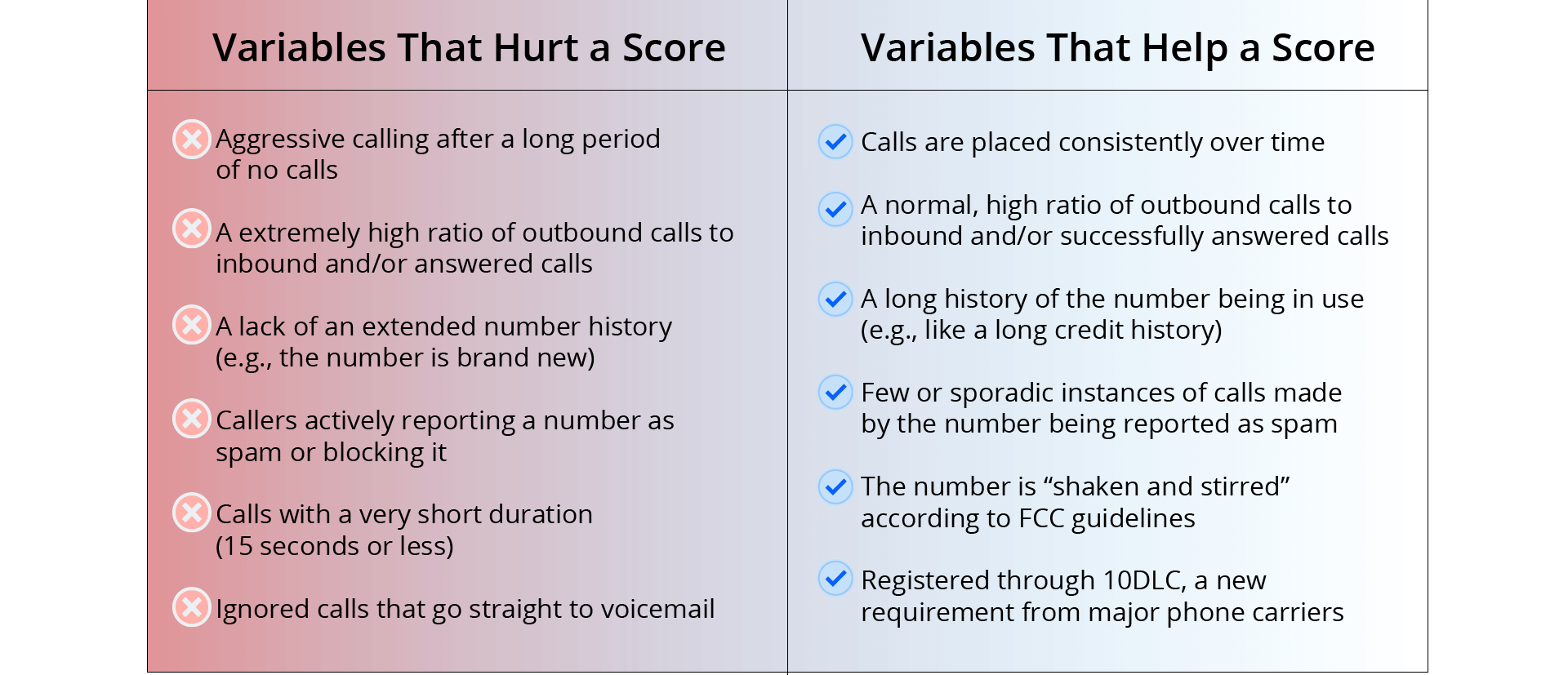Caller ID reputation is a crucial aspect of B2B sales. It is the image that businesses project to their customers and clients through caller ID information. A poor caller ID reputation can lead to distrust, and potential customers may not answer your calls, leading to missed opportunities. Verizon is one of the major players in the telecommunication industry and has developed a system to monitor caller ID reputation to protect consumers. This article will provide you with a clear understanding of Verizon’s caller ID reputation system, and tips to improve your business’s phone number reputation.
What is Caller ID?
Caller ID (Caller Identification) is a telecommunications feature that allows the recipient of a phone call to see the telephone number of the person or entity that is calling them. This feature is often provided by phone service providers and displays the caller’s phone number on the recipient’s phone or caller ID display device.
Additionally, some caller ID services may also provide additional information such as the caller’s name, location, and even a picture, if available. Caller ID can be a helpful tool for screening calls and identifying unwanted or unknown callers.

What is Caller ID Reputation?
Caller ID reputation is a measure of the level of trustworthiness associated with a particular phone number or caller ID. It is used to determine whether a call is likely to be legitimate or a potential spam or fraud call. Caller ID reputation is often based on data analysis of call patterns, frequency, and other characteristics, which are used to generate a score or rating for a particular phone number.
Telephone service providers and call-blocking apps use caller ID reputation to identify and block calls from known spam or fraud numbers. In addition, some companies use caller ID reputation as part of their fraud prevention and detection systems to help protect against phone-based scams and other fraudulent activity.
However, if your business plan or sales model relies on making a large volume of outbound calls (common in real estate, insurance, and other industries), caller ID reputation may backfire and cause your business phone number to be flagged as spam or a fraud call. While you may have a legitimate business opportunity to pitch to potential customers, if your phone number shows up as “Scam Likely,” your chances of getting an answered call are significantly lower.
Understanding Verizon’s Caller ID Reputation System
Verizon has developed a caller ID reputation system that evaluates businesses’ calling patterns, including frequency, call duration, and call history. This system assigns a score to each phone number based on their calling behavior. A higher score represents a positive reputation, while a lower score indicates a negative reputation – very similar to a credit score.
Verizon uses this score to identify potential spam or scam calls and prevent them from reaching customers’ phones. While the exact criteria that go into determining a phone number’s score are unknown to the public, there are some general variables that are known to improve or hurt a phone number’s score. For instance, if you use your business phone number for a high volume of outbound calls but receive very few incoming calls, Verizon may see this as spammy behavior and lower the number’s score.

Tips to Improve Your Caller ID Reputation with Verizon
To improve your caller ID reputation with Verizon, and prevent your business phone number from showing up as “Scam Likely” on outgoing calls, there are several tips you can follow:
- Ensure Consistency in Caller ID Information: Use a consistent phone number and business name in your caller ID information. Inconsistencies can trigger Verizon’s spam filters and negatively impact your reputation.
- Implement Anti-Spoofing Measures: Verizon encourages businesses to implement anti-spoofing measures, specifically the FCC’s STIR/SHAKEN standards, to prevent fraudulent calls. These measures authenticate your phone number and business name and help build trust with your customers.
- Respond to Customer Complaints: Address customer complaints promptly to prevent them from reporting your calls as spam. Responding to complaints can help build trust with your customers and improve your reputation.
- Monitor Your Caller ID Reputation Score: Keep track of your reputation score and take necessary measures to improve it. For specific steps on improving your caller ID reputation, see our article on how to avoid showing up as “Scam Likely” on outbound calls.
- Work with a Third-Party Caller ID Reputation Service: Consider working with a third-party service provider to monitor and improve your caller ID reputation. Software such as Kixie can not only provide you with valuable insights and strategies to improve your caller ID reputation, but you can also purchase clean phone numbers with high reputation scores.
Caller ID reputation is an essential aspect of B2B sales. A positive reputation helps build trust with potential customers, leading to better opportunities and increased sales. The product and engineering teams at Kixie know the importance of calling out with clean, reputable phone numbers which is why we are constantly innovating and finding new solutions for our customers when it comes to caller ID reputation. Need help getting more out of your outbound sales calling strategy? Chat with one of Kixie’s knowledgeable team members to see how upgrading your dialing technology can boost your talk time and connections.



